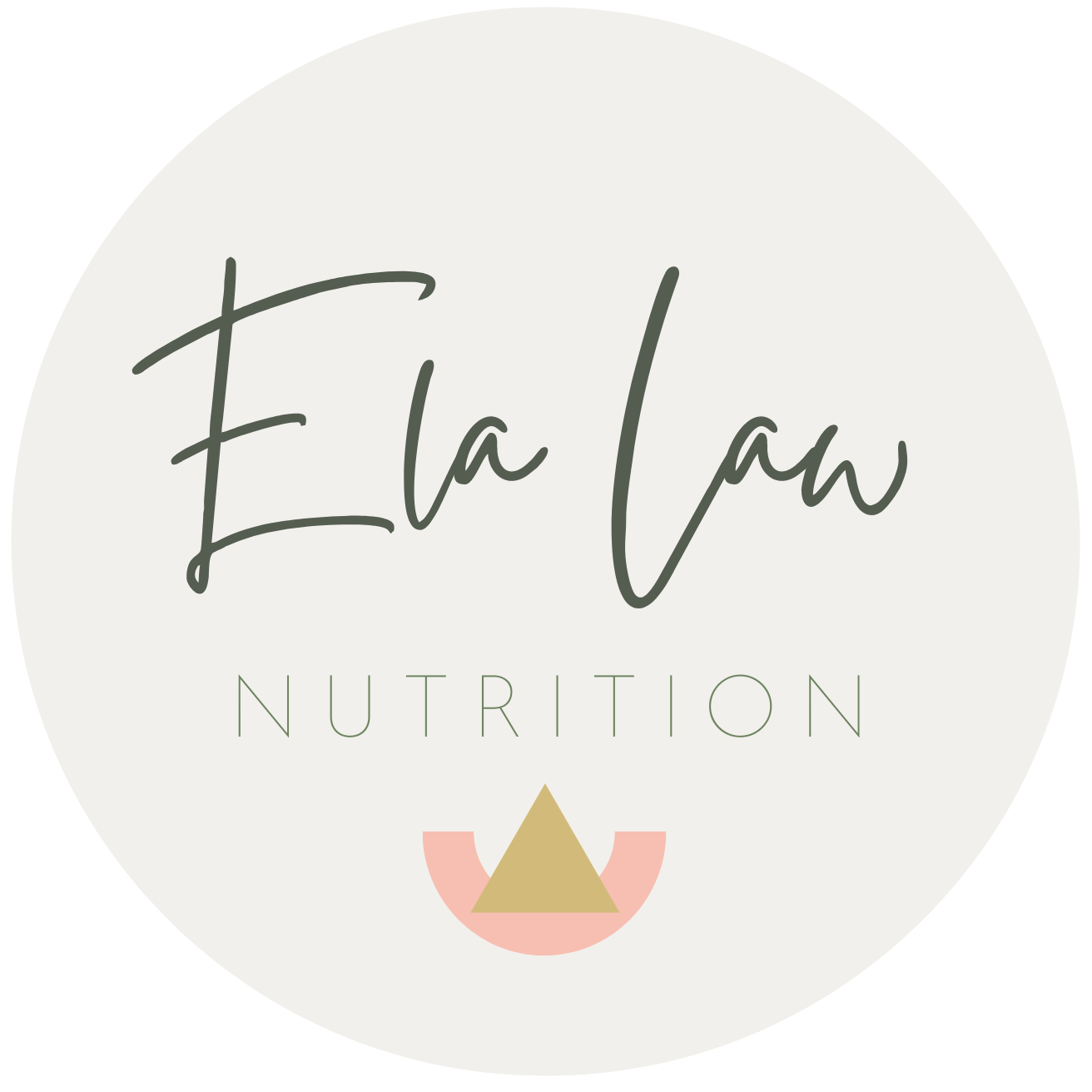Disordered eating or an eating disorder?
I would like to preface this blog by saying that I am not an eating disorder specialist, and although I work with clients who have a history of eating disorders, I am not trained to work with acute diagnosed eating disorders.
The first week of March is Eating Disorder Awareness Week in the UK, and I wanted to use this opportunity to share my thoughts on the fine line between dieting, disordered eating and eating disorders, as well as highlight the differences in treatment people may receive because of their weight.
A wonderful client of mine recently said that she thought everyone is on a spectrum of disordered eating. I think she was spot-on with that. Diet culture has normalised eating behaviours that are, in fact, not normal and that don’t serve our wellbeing. These behaviours can include restriction, cutting out foods (unless medically necessary), counting calories/macros, skipping meals, substituting food with liquids, exercising to burn calories, moralistic or negative language, secret eating, etc.
Some of these behaviours are lauded as ‘willpower’ and seen as morally superior (you are being ‘good’ for engaging in them). For some, these behaviours seem normal, despite taking up a disproportionate amount of time and brain space, for some, these behaviours spiral into an eating disorder.
Eating disorder awareness week in the UK aims to educate people about the risks of developing, and the realities of living with, an eating disorder. Eating disorders are mental health conditions where food is used to cope with feelings and situations in a way that significantly impacts a person’s life and poses risks to their mental and physical health.
An estimated 1.25m people in the UK suffer from an eating disorder (this is likely to be higher as not all are diagnosed), most eating disorders start and develop during adolescence and many can last for several years, even decades. An eating disorder needs to be diagnosed by a specialist healthcare professional and meet certain criteria, but not being diagnosed doesn’t mean you don’t have an eating disorder.
There are many risk factors for developing an eating disorder. Apart from genetic predispositions to mental health conditions, a history of dieting, weight stigma, anxiety, body image dissatisfaction, historical trauma, perfectionism, behavioural inflexibility and being bullied or weight shamed can all play a part. Most eating disorders are preceded by a period of dieting and disordered eating (the two of which are often very similar in their behavioural presentation).
Something important to note is this: Eating disorders are NOT confined to small bodies.
Our own internal weight bias uses very stereotypical depictions in our minds when we think about someone suffering with an eating disorder. So much so that even healthcare professionals don’t diagnose it if the person ‘doesn’t fit the picture’. Someone in a larger body may suffer from anorexia nervosa (severe food restriction and body image disturbance) but gets encouraged to continue restricting to lose more weight. Instead of using the same diagnostic tools, patients with higher weights are often turned away without getting the help they need. Patients with binge-eating disorder have been told to ‘just eat less’, patients with anorexia nervosa have been applauded for their attempt to lose weight. This is unacceptable and it is imperative that healthcare professionals get appropriate training in how their bias might affect their treatment recommendations.
Eating disorders carry a lot of stigma – there is still a lot of blame placed on the sufferers, but in reality genetics and biology play a big part. In addition, there are often other mental health conditions or neurodiversity that co-exist with an eating disorder, and neither of these are under the control of the sufferer. De-stigmatising all mental health conditions, including eating disorders, is immensely important to foster understanding about them in the general population and facilitate healing and recovery among those that suffer from them. Understanding that eating disorders don’t have a ‘look’ and can affect anyone in any body is needed to provide proper support to everyone who is struggling, and this has to include patients in larger bodies.
What can we do?
Know that diets and disordered eating can lead to eating disorders - this is a key point for prevention.
Acknowledge that applauding weight loss and restriction is, at ’best’, weight stigma, at worst encouraging the development of an eating disorder.
Look out for: eating disorder behaviours, personality traits that are often seen in eating disorders, rejecting diet mentality, trauma and events that trigger a person’s need for control, anxiety, body image distortions.
If you think you or someone you know might suffer from an eating disorder, seek support. I can help you find providers that specialise in eating disorders from an intuitive eating perspective and would be happy to share them with you.
If reading any of this has affected you and you would like to find out more or talk to me about it, please get in touch.


